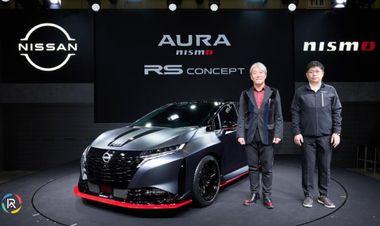Wolfsburg, Germany- Volkswagen Group., is restructuring its electronic component and semiconductor procurement to assure supply over the long term and, in doing so, to maintain its competitive edge and position as a technology leader. In order to do this, the Group has created a new strategy for the acquisition of parts including electronic components.
Dirk Große-Loheide, Board Member for Procurement of Volkswagen Passenger Cars and member of Group management said, “A high degree of transparency in the semiconductor value chain – the exact knowledge of the parts used – enables us to better determine the global demand and availability of these components . For strategically important semiconductors and even the Group’s own planned developments in the future, we will rely on direct purchasing from the semiconductor manufacturers”.
Previously, when purchasing electronic components like control units, the Tier 1 suppliers had a great deal of freedom in selecting the parts they wanted to employ. The future use of semiconductors and other electronic components will be determined by Group Procurement in close cooperation and partnership with Tier 1 suppliers.
Karsten Schnake, Board Member for Procurement at Škoda Auto and head of the cross-brand and cross-functional task force COMPASS said, “Additionally, this is done across all brands by the Semiconductor Sourcing Committee (SSC) established especially for this purpose, with representatives from the procurement and development departments of the brands as well as from Volkswagen Group Components and CARIAD. Furthermore, the transparency regarding semiconductors means that technical alternatives can be identified and implemented more quickly in the event of bottlenecks. Another positive effect is that a reduction in the diversity of variants in the hardware results in a lower degree of software complexity.”
Semiconductors are essential for mass production in the automobile sector, but they are also important to innovation and the introduction of new goods to the market.
The trend toward expanding use of helper functions all the way up to fully autonomous driving, along with the increasing electrification of vehicles, is what is causing the greatest increase in demand for semiconductors. The use of cutting-edge semiconductors will also be a result of the accompanying advances, while the need for more widely available semiconductors will remain the same or even increase. Semiconductors are widely used in the development of vehicles; in 1978, a Porsche 911's control unit contained only eight of them. A Kodak Enyaq nowadays has about 90 control units and 8,000 electrical parts.
The value of the car's electronic components, which currently average roughly 600 euros per vehicle, will more than treble by the year 2030 as a result of this growth. The Group's assessment and related analyses indicate that the automotive industry is becoming an even more significant consumer of the semiconductor industry. With a current global semiconductor procurement volume of over 47 billion US dollars, the automobile industry ranks fifth among the top customers. Our industry is predicted to hold on to third place by 2030 with a market size of over 147 billion US dollars.
The COVID-19 pandemic's consequences and the ensuing chip problem are still being felt. The Volkswagen Group initiated the COMPASS effort at the beginning of 2022, initially with the operational focus of securing the car program, to address these massive hurdles and assure the semiconductor supply. On the basis of the lessons acquired from the semiconductor crisis, strategic action areas were identified, and long-term remedies were designed and put into place.







